A gender advocate, Dr Ene Ede, has accused government at all levels of lacking the political will to implement the 35 per cent affirmative action and other gender equality laws in Nigeria.
Speaking during an interview with journalists on how to move from gender policies to actual practice, Dr Ede said Nigerian lawmakers at both the House of Representatives and the Senate were using inequality to oppress Nigerians.
The advocacy for 35 per cent led by Nigerian Women Trust Fund (NWTF) and other women groups witnessed a landmark judgment ordering the federal government to ensure 35 per cent of its appointive position are women.
Over two years after the court judgment, it is yet to be implemented .
Reacting to this, Dr Ede said Nigerian political elites were afraid of yielding power to promote equal opportunity for men and women.
She said, “Passing gender equality laws remains a major problem, especially for the political elite who see leadership positions as a platform for oppression and self aggrandisement. Some leaders do not see power as a platform for equal opportunity for leadership and good governance but rather they want to exercise power over the people rather than with the people”.
According to her, gender equality is quite frightening because inequality has been used overtime as a permanent tool to hold people down and that’s why it has been difficult to implement laws that can crumble inequality and bring about equity.
“Countries like Nigeria have entrenched corruption and continue to perpetrate themselves in office to build a legacy of unrighteous governance,” she said.
This, according to her, is why lawmakers fought to prevent the passage of affirmative action laws that guarantee special seats for women and every other gender equality law during the constitutional amendment process.
She said if a state of equity and social justice is created by gender equality laws, political representation of women will increase, as seen in countries like Sierra Leone, Tanzania, Kenya, Uganda, Ivory Coast, and South Africa. “This has also improved the quality of lawmaking, oversight and constituency engagement in those countries”, she added.
According to her, beyond the 35% affirmative action, the amended gender policy of 2023, Violence Against Persons Prohibition (VAPP) act and other gender related laws that are yet to be implemented due to lack of political will. She also lamented that most of the laws are yet to be tested in court of law. “If tested, these laws can bring the government down to its knees”, she enthused.
She called on Women advocacy groups to develop an all-encompassing sustainable strategic communications plan to drive the advocacy for 35% affirmative action saying the advocacy should not be left in the hands of women alone. She further called on President Bola Ahmed to Tinubu identify the gender gaps and take intentional steps in bridging such gaps to further deliver more dividends of democracy.
“As a true democrat, President Tinubu does not need advocacy to understand the right thing to do. The President is well positioned to take steps that will promote gender equality to offset the existing democratic deficit”, she added

 6 months ago
51
6 months ago
51



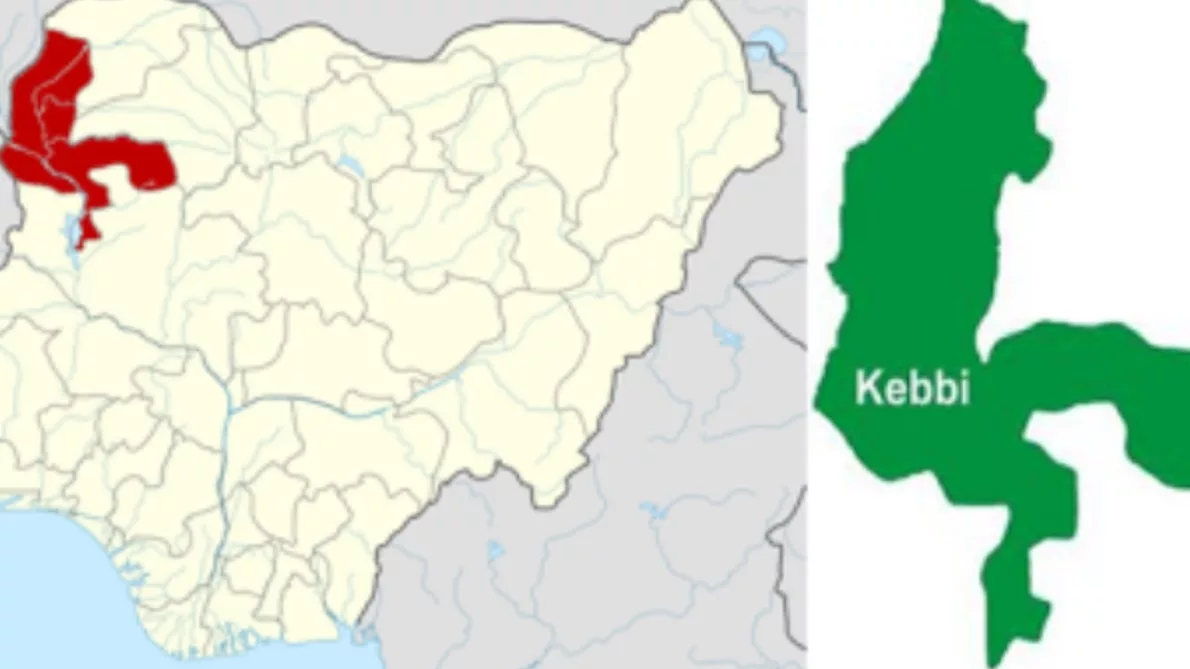

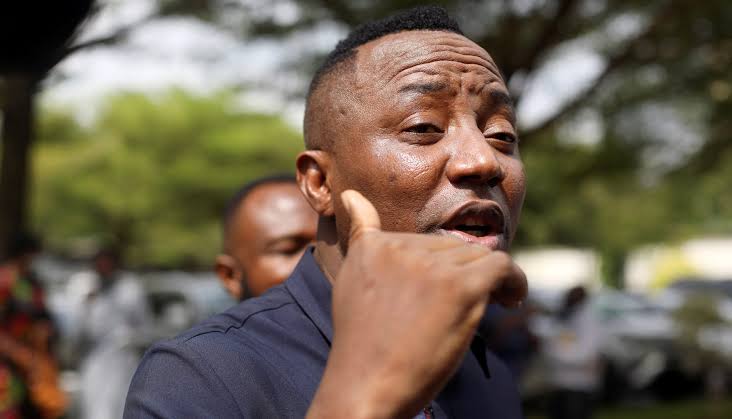
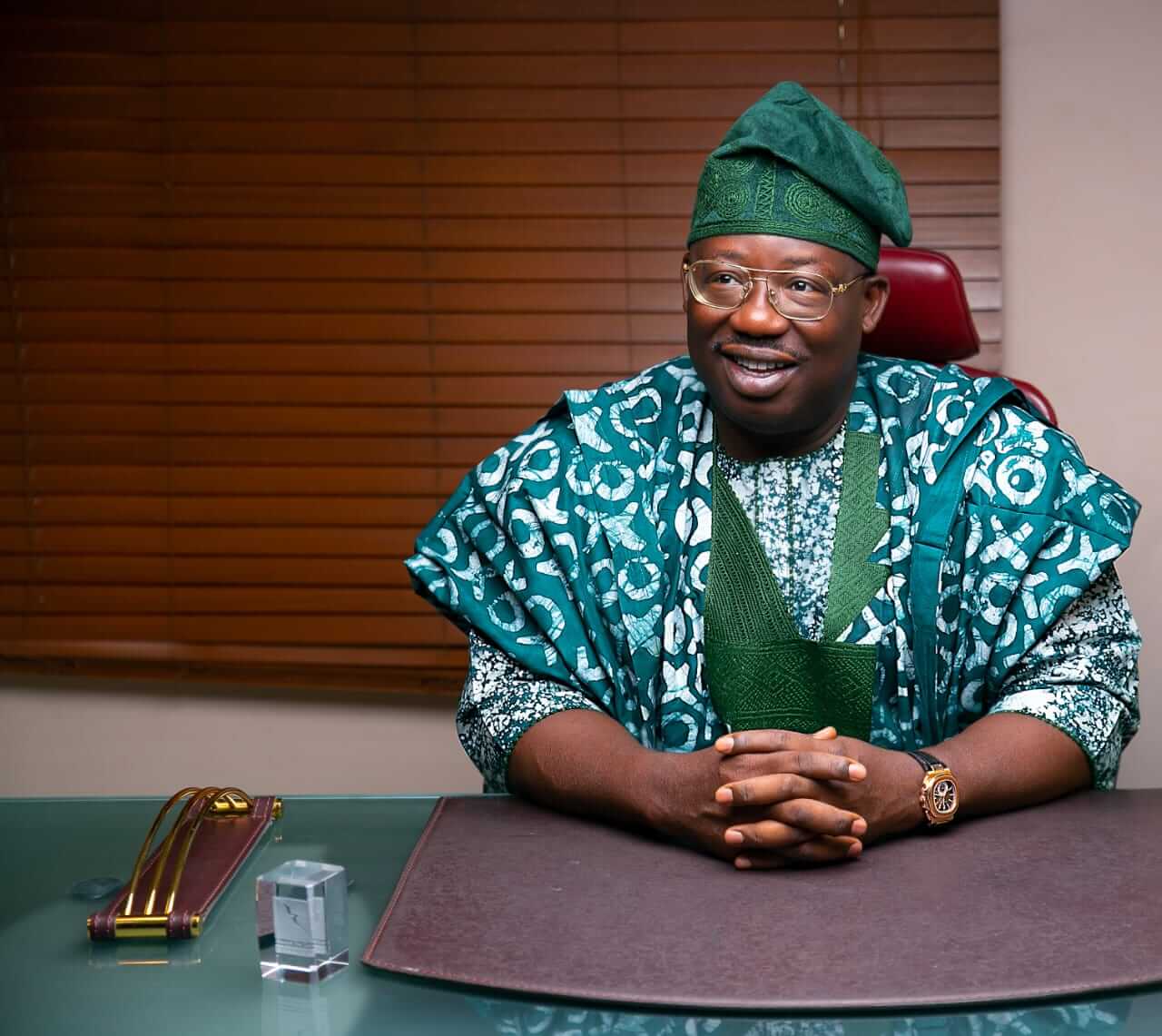


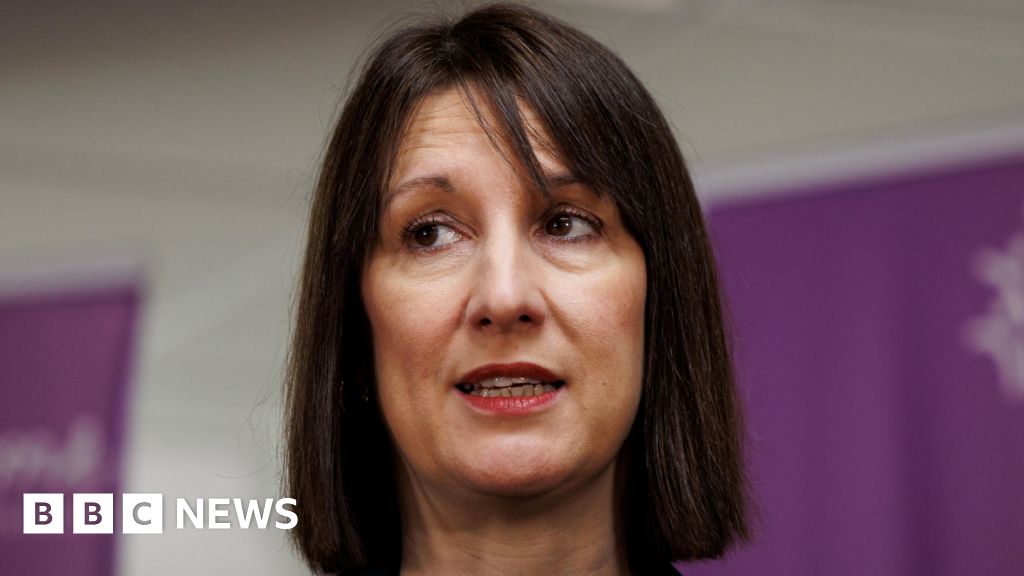
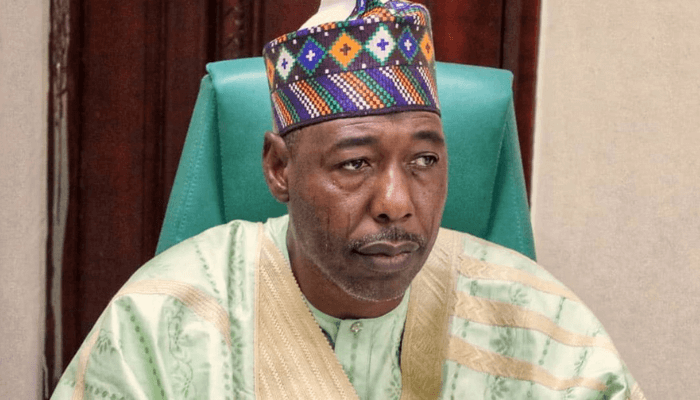


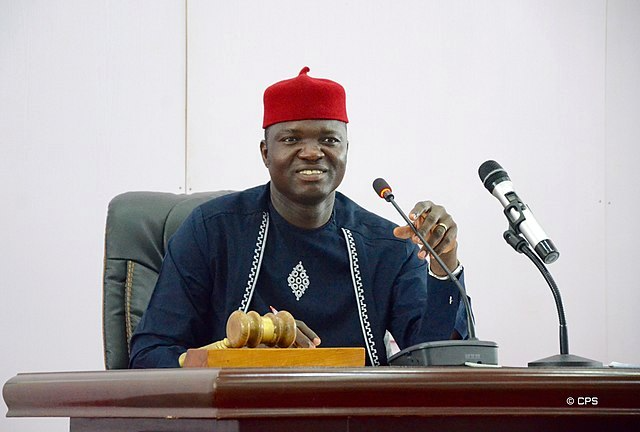

 English (US) ·
English (US) ·